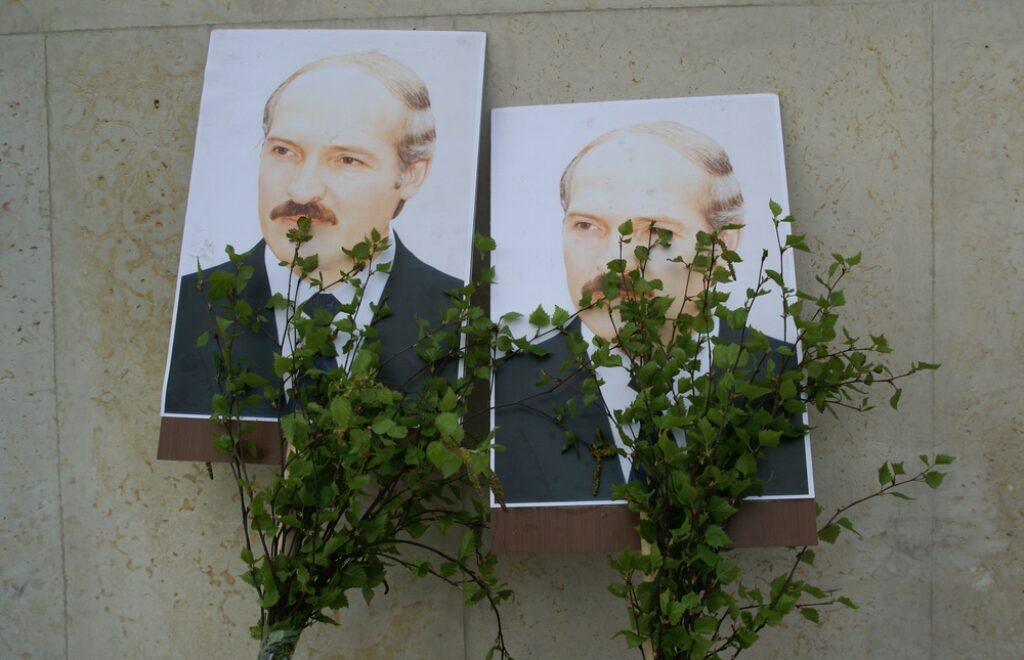Post-Lukashism. Prospects for change in Belarus after regime collapse
At the moment, it is obvious that the prospects for political change in Belarus are postponed indefinitely. At the same time, the probability of a rapid transition from authoritarianism to democracy is still uncertain. The protracted war in Ukraine and the systemic stability of Putin’s regime in Russia will contribute to the internal stabilization and consolidation of the authoritarian system of government in Belarus. This process will also be facilitated by relentless repression and political purges, which will suppress any dangerous activities in society, as well as increase the atmosphere of fear and terror. To date, there are no acute systemic internal threats and challenges to Alyaksandr Lukashenka's regime.
February 7, 2024 - Pavel Usau




































